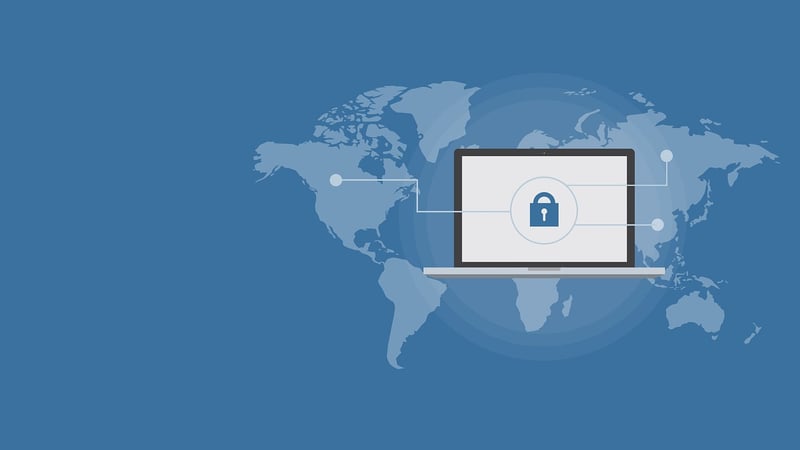Fraud prevention
Protecting Your Digital Assets and Fraud Prevention
In today's digital age, protecting your online assets and preventing fraud are crucial steps in safeguarding your information and financial security. With cyber threats on the rise, it's essential to stay informed and take proactive measures to secure your digital presence. Here are some tips to help you protect your digital assets and prevent fraud:
1. Use Strong, Unique Passwords
Always use strong passwords that include a combination of letters, numbers, and special characters. Avoid using the same password for multiple accounts and consider using a password manager to securely store and manage your passwords.
2. Enable Two-Factor Authentication
Two-factor authentication adds an extra layer of security by requiring a second form of verification, such as a code sent to your phone, in addition to your password. Enable this feature whenever possible to protect your accounts.
3. Keep Software Updated
Regularly update your operating system, antivirus software, and applications to patch any security vulnerabilities. Hackers often exploit outdated software to gain access to your devices and data.
4. Be Cautious of Phishing Scams
Be wary of unsolicited emails, messages, or phone calls asking for personal information or urging you to click on suspicious links. Phishing scams are common tactics used by fraudsters to steal sensitive data.
5. Monitor Your Accounts Regularly
Keep a close eye on your bank accounts, credit cards, and other financial accounts for any unauthorized transactions. Report any suspicious activity to your financial institution immediately.
6. Secure Your Devices
Use strong passwords or biometric authentication to lock your devices and ensure they are encrypted. Avoid connecting to unsecured Wi-Fi networks and consider using a virtual private network (VPN) for added security.
7. Educate Yourself and Stay Informed
Stay informed about the latest cyber threats and fraud techniques. Take the time to educate yourself on best practices for online security and share this knowledge with your family and friends.
8. Backup Your Data Regularly
Backup your important files and data regularly to an external hard drive or cloud storage service. In the event of a cyber attack or data loss, having backups ensures you can recover your information.
Remember, being proactive and vigilant is key to protecting your digital assets and preventing fraud. By following these tips and staying informed, you can reduce the risk of falling victim to cyber threats.
Image Source: Cyber Security Image

